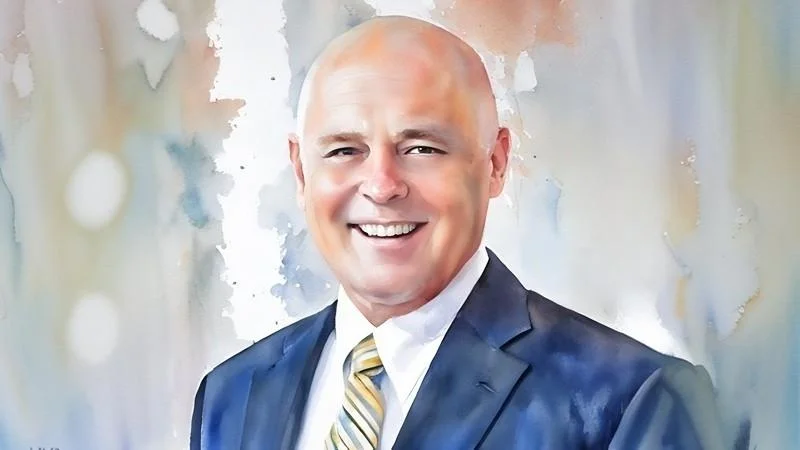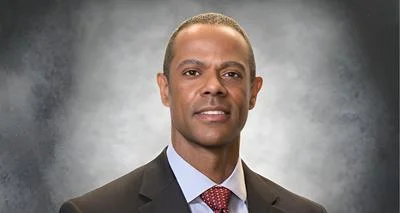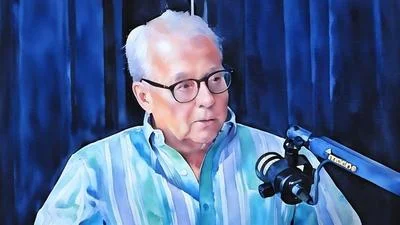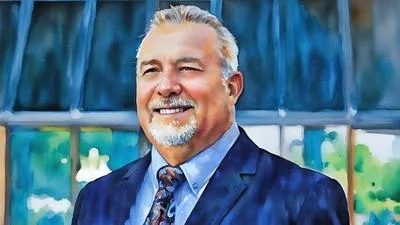Aging families are facing hard choices about care and costs as regulators revisit assisted living rules and insurers tighten coverage. New Mexico providers describe uneven oversight and a challenging liability climate, even while demand grows for smaller, home-like options. Gerald Hamilton, owner of nine Beehive Homes franchises, says that a family-centered model delivers care people prefer while policy should reduce insurance barriers that raise costs.
Hamilton was born in Washington and moved around with his family while his father served in the Air Force. The family settled in Utah, where he finished high school and college as his father began a second career as a nursing-home innovator. He worked in nursing homes through school, became a licensed administrator in California, and moved to New Mexico about 30 years ago after tiring of an “oppressive” regulatory climate. He later left national chains to start his own operation. About 20 years ago he switched to assisted living with Beehive Homes and now runs five locations in the Albuquerque area and four in Nevada.
“Beehive Homes is a franchise organization; our business is assisted living,” Hamilton says. “We have a small, family-centered model, as opposed to the larger facilities that feel like apartment buildings… our homes look and feel like single-family homes.”
He describes residences with “between 15 and 20 rooms,” “about 7,000 to 9,000 square feet,” and “a private room with a private bathroom” for every resident. “Meals are an event… like a big family sitting together, talking about their families and current events,” he says.
The average age at the facilities is 80 to 85, though they have had residents as young as 50 and as old as 104, according to Hamilton. Caregivers, including some CNAs, handle “medications and activities of daily living,” while dedicated cooks prepare meals. “The big difference between us and skilled nursing is they don’t require the attendance of a nurse around the clock.”
He says the length of stay varies. “They typically stay with us about two to two and a half years… we do short respite stays… and some stay as long as 10 years.”
End-of-life care remains part of the mission. “Most of the residents who leave our homes leave when they have passed away,” he says. “Regulations in New Mexico are sufficiently broad that we can take care of those people until they pass away… if there are needs we cannot meet directly, we contract with home health or hospice under our roof.”
Ownership changed how he serves families, Hamilton says. “When I worked for a large company, I had to tell people no… since I’ve owned the company, I can tell my customers yes, mostly, and I enjoy that.”
According to him, management relies on local leaders. “I go to Nevada about once a month… I’m pretty hands-off once I’m comfortable with their leadership,” he says, adding that he still pitches in. “I enjoy helping with the residents… I’ll mop up a floor or move furniture, whatever is needed.”
He mentions staffing is at the top of his challenges. “We have great people… they stay with us because they love the residents and they love the work,” he says. “It’s a continuous battle to find the right people to fill all those positions.”
Consumer expectations, not statutes, are driving change. “Needs are changing, constantly evolving,” Hamilton says. “Most residents in assisted living now could qualify for nursing-home care, but they live in our setting because they like it better and can live there with less care… the business five years from now will not be the same as it is today.”
Regulatory comparisons shape daily operations. “Assisted living regulations are more stringent in Nevada,” he says. “Inspections once a year happen like clockwork there… in New Mexico they’re not as punctual.” Regular oversight helps, he says. “That extra set of eyes is helpful… when we go several years without that oversight, things can slip.” He supports the current rewrite of state rules and wants timely surveys that reinforce quality.
There is also insurance risk. “New Mexico is, if not the most difficult state, probably the second or third most difficult in the country for securing liability insurance… it’s very difficult,” he says. “Anything we can do as a business and provider community to improve the liability environment would help protect residents and make operations sustainable.”
Despite this, family dynamics remain central to his mission. “We create a place that feels like home and say yes whenever we can,” he says. “That’s the goal.”









